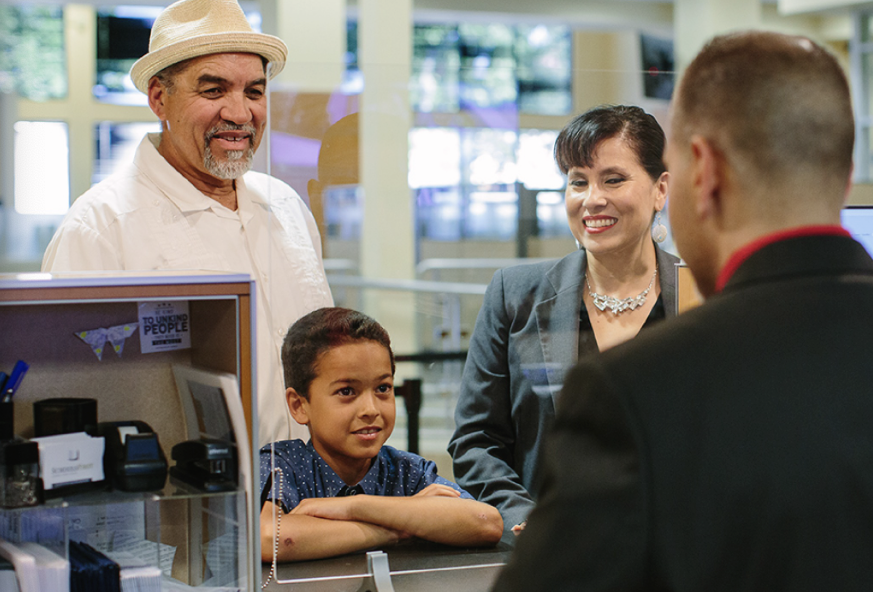
In their just-released 2024 Food Co-op Impact Report, NCG credits food co-ops’ community ownership model and commitment to building local supply chains among the factors contributing to their success. The annual report analyzes the collective economic, social and environmental impacts and achievements of its community-owned member food co-ops.
Now with 165 food co-ops, NCG continues to work to maximize members’ success, inclusivity and impact, and to grow the cooperative grocery sector in size and scope in an environmentally regenerative manner. Today, more than 1.3 million U.S. residents belong to an NCG food co-op.
Leaders in Local, Organic and Socially Responsible Sourcing
Food co-ops are industry leaders when it comes to supporting local farmers and entrepreneurs. The average NCG food co-op purchases from 175 local farms and producers, more than four times as many as similarly sized food retailers report (41 farms on average). Twenty-four percent of the average food co-op’s sales come from local products, compared with just 2 percent of sales at a conventional grocer.
Food co-ops continue to lead in organic product sales, with NCG reporting that 37 percent of food co-ops’ combined annual $2.8 billion sales come from Certified Organic products, compared to 24 percent of sales at other natural grocery retailers, and just 3 percent at conventional grocers (according to 2024 SPINS data).
NCG reports Fair Trade Certified products made up 6 percent of food co-ops’ total sales, higher than other natural grocery retailers (4 percent) and conventional grocers (0.5 percent).
Sales of B Corp Certified products made up 9 percent of the average food co-op’s total sales, higher than other natural grocery retailers (6 percent) and conventional grocers (2 percent). B Corp Certification is a label that speaks to a company’s rigorous commitment to social and environmental sustainability. NCG has been a certified B Corp since 2011.
Showing solidarity, food co-ops prioritize products that are produced by other co-ops, such as dairy, chocolate and coffee farmer co-ops. Cooperatively produced products make up 5 percent of food co-ops’ total sales, higher than natural retailers (3 percent) and conventional grocers (1 percent).
 Community Ownership Keeps Focus on Shared Values
Community Ownership Keeps Focus on Shared Values
Food co-ops are owned by the people in the community who shop at the co-op and have chosen to make a one-time investment in a lifetime membership (usually a $100-200 purchase of stock). The members then elect a board of directors among themselves.
This democratic process and local ownership model mean that food co-ops don’t change their values depending on which way the wind blows. They are rooted in their communities and participate in the international cooperative business movement, a business model driven by democratic ownership.
Local ownership means that stores are responsive to community needs. Profits remain in the community and support local economic development. Food co-ops invest in their communities—collectively, food co-ops donated more than $9 million to local groups last year, and NCG contributed an additional $1 million to organizations working to advance co-ops’ advocacy priorities at regional and national levels.
About NCG
National Co+op Grocers, founded in 1999, is a purchasing and business services cooperative for retail food co-ops located throughout the U.S. NCG helps unify food co-ops to optimize operational and marketing resources, strengthen purchasing power and ultimately offer more value to food co-op owners and shoppers everywhere. Our 165 member co-ops operate more than 240 storefronts in 39 states with combined annual sales of $2.8 billion. NCG is a winner of the dotCoop Global Awards for Cooperative Excellence and a certified B Corp.


